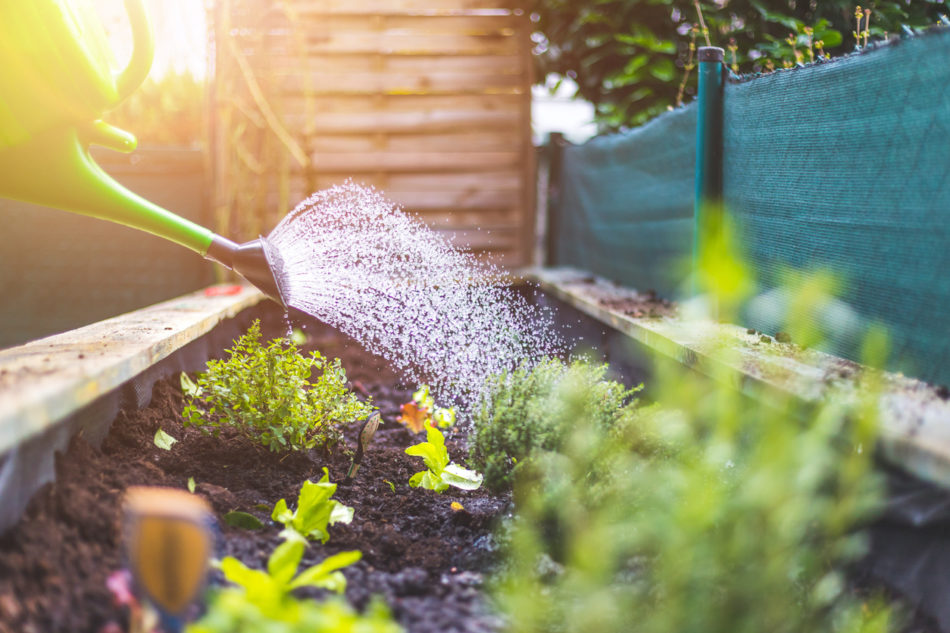
It’s not unusual for the temperatures to rise into the 90s and 100s in Alabama. Extreme heat isn’t just hard on humans. It can also wreak havoc on your plants. Some plants stop growing when the temperatures increase, while others go to seed early. These are just a couple of the problems extreme temperatures can cause. Fortunately, you can fight back against the heat with these gardening tips.
Choose Plants Wisely
When planting your garden, choose plants that thrive in the heat. Plants like okra, southern peas, lima beans, and tomatoes can survive in the heat. You’ll have even more success if you choose varieties of these plants that were bred to tolerate extreme heat. That way, the plants will continue to thrive, even during heat waves that last days or weeks.
Add Some Shade
If you’re under the blazing sun for very long, you probably look for some shade for relief. You feel better as soon as you find a shady spot. Your plants also enjoy taking a break under the shade. You can use sheer curtains or shade cloth to protect your garden from the heat. Keep enough space between the plants and the curtain or cloth to allow ventilation to move through.
Deliver Water Deep Below the Soil’s Surface
Extreme heat causes the surface of the soil to dry out. That’s why it’s so important to water deeply during the summer. If you have clay soil, deliver water at least six inches below the surface once a week. For sandy soil, you’ll need to do this twice a week. Depending on your plants, you might need to water daily as well. Pay attention to the soil to determine how often to water.
Protect Your Soil With Organic Matter and Mulch
Your soil should contain five to nine percent organic matter. Organic matter does an excellent job of retaining moisture in the soil, so your plants won’t go without water. Mycorrhizal fungi and other types of organic matter can also help plants thrive in high-heat conditions.
Then top your soil off with organic mulch. Add about two to four inches of grass cuttings, straw, and other organic materials to keep the soil cool and moist. Ensure you don’t add more than four inches, or the mulch will prevent rainwater from penetrating the soil.
You might also like: Be Prepared For Summer Travel With These Tips
Harvest Ripe Fruit
If your garden is full of ripe fruit, it’ll hoard the water, making it hard for other plants to thrive. Ensure that all plants have access to water by harvesting your ripe fruit often. Pick both healthy and damaged fruit so all the plants will get ample water.
These tips will help your plants survive the high temperatures this summer. Don’t be surprised if your neighbors ask you how you manage to keep a garden full of healthy plants during Alabama’s heatwaves. Your green thumb is sure to impress everyone who sees your garden.
